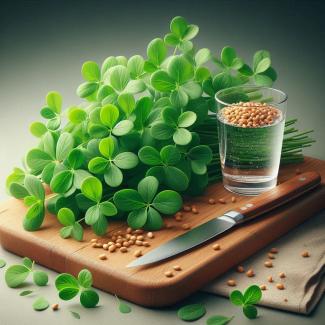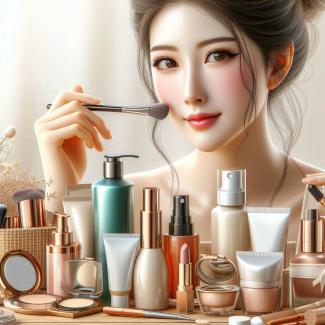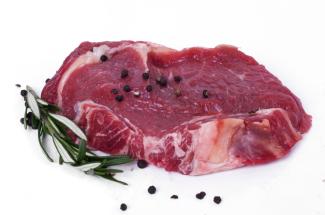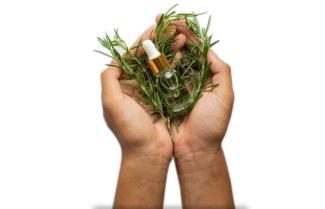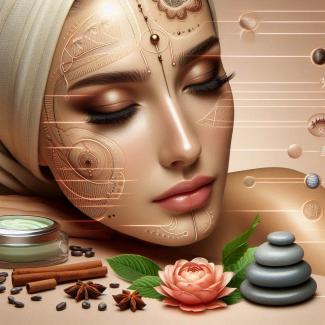
Japanese rejuvenation techniques encompass a variety of practices and principles aimed at promoting youthfulness, health, and overall well-being. While there isn't a single secret to Japanese rejuvenation, their approach combines a holistic blend of lifestyle, skincare, and dietary practices that have been passed down through generations. Here are some key elements of Japanese rejuvenation techniques:
- Healthy Diet: Japanese cuisine, known for its emphasis on fresh, seasonal ingredients and balanced nutrition, plays a crucial role in maintaining youthfulness. Foods like fish, seaweed, tofu, vegetables, and green tea are staples. These foods are rich in antioxidants, omega-3 fatty acids, and other nutrients that promote skin health and overall vitality.
- Portion Control: Japanese culture places great importance on moderation in eating. Smaller portion sizes help prevent overeating, reduce calorie intake, and maintain a healthy weight, which is essential for aging gracefully.
- Green Tea: The regular consumption of green tea is a well-known Japanese practice. Green tea is packed with antioxidants, particularly epigallocatechin gallate (EGCG), which can help protect the skin from UV damage and reduce the signs of aging.
- Skincare: Japanese skincare routines are renowned for their thoroughness and use of natural ingredients. The "double cleanse" method, which involves both oil and water-based cleansers, is a popular technique. Also, products like rice bran, sake, and seaweed are often used in skincare.
- Sun Protection: Japanese people are diligent about sun protection. They wear hats, sunglasses, and long sleeves, and use high-quality sunscreens to shield their skin from the harmful effects of UV radiation.
- Facial Massage: Facial massage is a common practice in Japan to improve blood circulation, stimulate collagen production, and relax facial muscles. This can help reduce wrinkles and promote a youthful complexion.
- Japanese Baths (Onsen and Sento): Hot spring baths (onsen) and public baths (sento) are a part of Japanese culture. They not only help with relaxation but also improve skin health and circulation. The minerals in hot spring water are believed to have rejuvenating effects.
- Adequate Sleep: Sleep is essential for rejuvenation and overall health. Japanese culture encourages a good night's sleep, with a practice called "inemuri" (napping while present), which is a power nap technique that can be rejuvenating.
- Stress Management: Stress reduction is key to maintaining a youthful appearance. Techniques like meditation, tai chi, and other relaxation practices are prevalent in Japanese culture.
- Hara Hachi Bu: This is a Confucian teaching followed in Okinawa, Japan, encouraging people to eat until they are 80% full. It promotes moderation and can contribute to longevity.
- Active Lifestyle: Regular physical activity is a part of Japanese life. Walking, cycling, and engaging in recreational activities help keep people active, which is crucial for overall well-being.
- Harmony and Balance: The Japanese philosophy of living in harmony with nature and seeking balance in all aspects of life is a fundamental concept. Achieving a balance between work, rest, and play is considered essential for staying youthful and healthy.
It's worth noting that while these practices have been associated with Japanese rejuvenation techniques, genetics, and lifestyle factors also play a role in aging gracefully. It's advisable to consult with a healthcare professional before making significant changes to your lifestyle or skincare routine.

